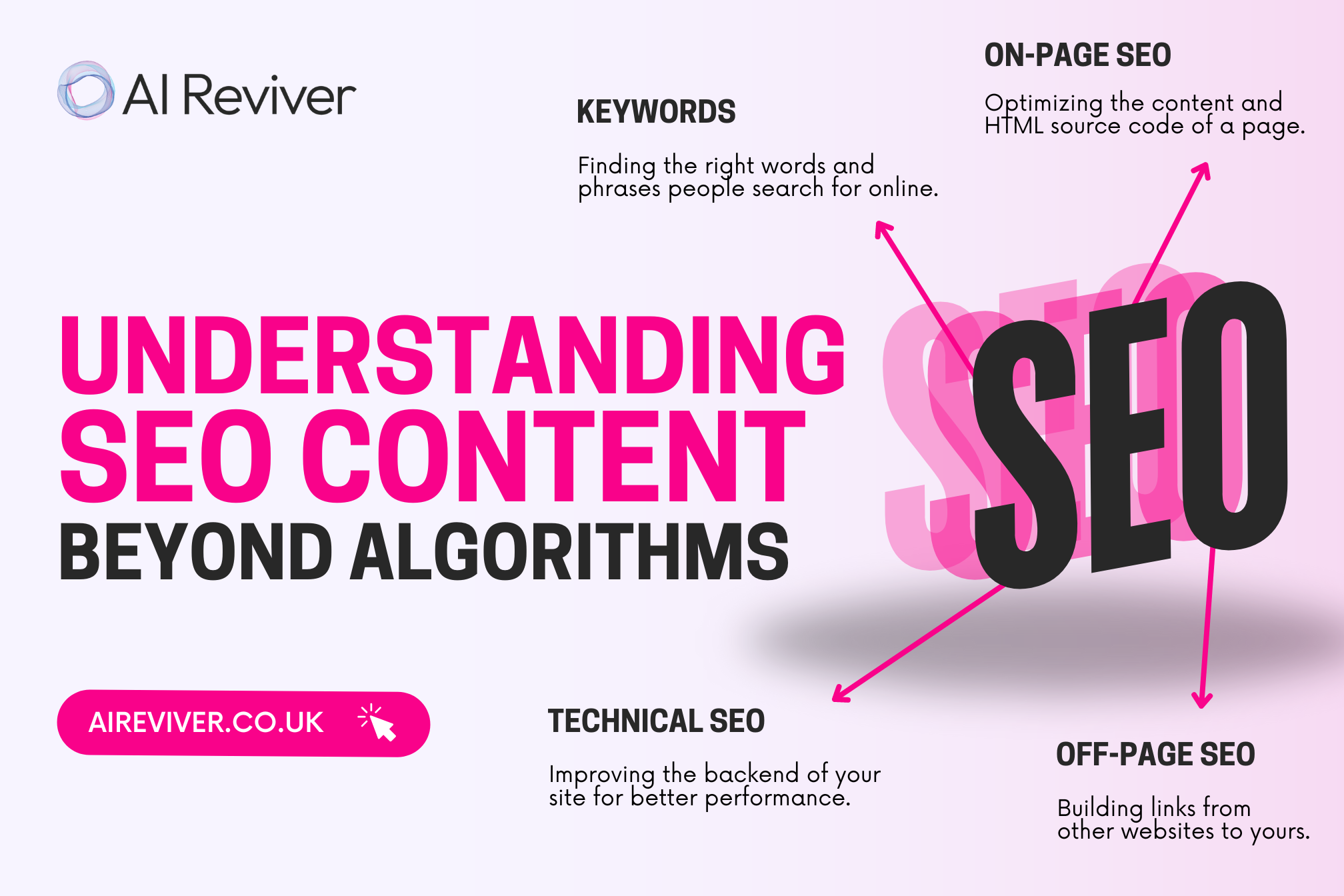
Remember the days when the toughest decision at school was choosing between a cola cube and a sherbet lemon at the corner sweet shop? Ah, simpler times. Back when “streaming” was something rivers did, and “cloud” was just a fluffy thing that sometimes rained on PE days.
We scribbled notes, sometimes more doodles than words, and raised our hands high to answer questions – only after making sure our friend at the back wasn’t doing the same. It was the era of straightforward chalk and talk, with the occasional overhead projector thrown in for a ‘modern’ twist.
But, brace yourself, because the school bell is ringing in a new era. Enter Artificial Intelligence in education: ready to make our old-school methods seem as dated as that questionable hairstyle you sported in Year 9.
From algorithms that personalise learning to digital assistants who probably know Pythagoras better than Pythagoras did himself, AI is set to school us all in what 21st-century education can truly be.
In this article, we’re going to discuss how AI is transforming the very fabric of education, taking us leaps and bounds beyond the classrooms we once knew.
Personalised Learning Through AI in Education

While the classrooms of our memories thrived on simplicity, today’s educational landscape is anything but simple. The dawn of AI in education is reshaping how students learn, and it’s tailored to each individual.
We’re transitioning from generic lessons to an age where every student’s educational path is uniquely carved. Whether it’s pacing, sequencing, the quality of resources, or the technological medium used, AI ensures every aspect is optimised for the individual learner.
Adaptive Learning
Adaptive learning—think of it as the modern tuning mechanism for the academic mind. AI-driven adaptive learning is reshaping how we understand personalised education. In a study conducted in China, the effectiveness of individualised adaptive learning courseware was compared to two common instructional approaches: large-group and small-group classroom instruction.
The study explored the efficacy of one of China’s first adaptive learning systems, Squirrel AI Learning, and presented evidence on how adaptive learning can potentially enhance the educational experience by tailoring instruction to individual learner needs1.
Moreover, a study aimed at exploring the introduction of Adaptive Learning Technology (ALT) and inherent Learning Analytics (LA) in primary education demonstrated the potential of ALT in personalising curriculum and learning experiences for each individual learner, while also supporting teacher-facilitated instruction2.
What does this mean for adaptive learning? Well, both studies indicate that utilising AI technology can make learning more individualised. This suggests pupils might both understand their lessons better and find them more engaging, whilst teachers gain additional tools to enhance their teaching.
Intelligent Tutoring Systems
Intelligent Tutoring Systems (ITS) serve as more than just digital interfaces; they act as personal mentors, adept at identifying learners’ weak spots, offering timely guidance, and continuously adjusting the material to meet individual learning trajectories. These systems deliver personalised instruction and feedback, creating a one-on-one educational experience that adapts to each student’s unique needs3. They track students’ progress continuously, providing next-step hints and selecting practice problems to help master new skills, thereby addressing the weak spots in a learner’s understanding and offering timely guidance4.
Resource Recommendations
Artificial intelligence in education has significantly extended the scope of learning by guiding learners towards pertinent resources, ensuring they always have the right tools within reach, much beyond standard instruction. In online higher education, for instance, AI facilitates instructional design by automatically recommending learning resources or paths, enhancing the learning experience by providing tailored resources based on the learner’s needs and progress5. Various AI tools have emerged as valuable assets for students, aiding in enhancing their learning experiences by directing them to relevant educational resources, be it books, videos, or interactive materials6.
Conversational Learning
Conversational learning, powered by Natural Language Processing (NLP), is like having a friendly chat with a knowledgeable buddy who’s always ready to help. NLP is a smart tech tool that helps machines, like chat-bots and virtual assistants, understand and respond to our questions in a way that feels natural. It’s like they ‘get’ us, making the back-and-forth feel easy and intuitive7.
In the classroom, or even while studying online, these AI chat-bots come to life as helpful pals. They’re there to answer your burning questions, whether you’re puzzled over a complex formula or just need to find when your next assignment is due. And the cool part? They respond in real-time, making the learning journey feel like a two-way conversation rather than a solo trek. These chat-bots, powered by NLP, are always up for a chat, ready to steer you towards the answers and keep the learning flow rolling 8.
Empowering Educators
AI transforms heaps of student data into actionable insights for educators. By analysing this rich data, teachers can identify what’s working, what needs adjustment, and how to most effectively engage their students. The end result is a teaching strategy that’s always evolving, always improving, and tailored to student needs and performance metrics. Using these analytics, educators can adapt their teaching methods in real time, ensuring optimal student engagement and understanding.
AI in Education as an Efficient Assessment Tool

Assessment has always been a critical component of the educational process, providing a framework for both students and teachers to gauge progress, understand challenges, and set educational goals. AI in education is revolutionsing this traditional cornerstone, enhancing efficiency and providing granular insights in real-time. In this section, we will explore the multi-faceted benefits of AI-driven evaluations.
Benefits of AI-Driven Evaluations
Automated Grading
AI systems offer fast and consistent grading for assignments and tests. This efficiency provides educators with more time for instruction and students with prompt feedback.
Progress Tracking
Using AI, it’s possible to monitor a student’s academic journey over extended periods, identifying potential roadblocks ahead of time.
Identifying Learning Gaps
AI analyses can discern trends in student performance, helping educators to adjust their instruction based on specific areas where students may be struggling.
Personalized Feedback
Rather than broad, generalized feedback, AI can offer specific insights and resources tailored to individual student needs.
Positive Reinforcement
By offering consistent feedback, AI supports a growth mindset, enabling students to view challenges as opportunities for development.
Adaptive Testing
Tests can be dynamic with AI. They can adjust in real-time based on a student’s performance, ensuring a comprehensive evaluation of their knowledge.
Plagiarism Detection
AI in education assists in maintaining academic integrity by swiftly identifying potential cases of content duplication or plagiarism.
Challenges and Considerations

Before we get too carried away celebrating the wonders of AI in education, let’s pause for a moment. It’s essential to recognise that even the most groundbreaking technology comes with its own set of challenges and ethical quandaries.
Equal Access is Key
Exciting as it is, the transformative power of AI in education isn’t universally accessible. Many schools still lack even the most basic technology, never mind advanced AI systems. This puts them at a distinct disadvantage and risks creating a divide that could resonate for generations.
Ignoring this discrepancy not only holds back underprivileged students but also undermines the educational ecosystem as a whole. To truly realise the benefits of AI in education, a collective effort is needed to level the playing field. Ensuring equal access to these technologies is not just an ethical imperative; it’s a necessity for the health of educational advancement across the board.
Data Privacy Matters
Let’s face it, data is the fuel that makes AI run. But schools need to treat this fuel like gold—safeguarding it to ensure students’ privacy and security. As we entrust our education systems with troves of personal information, we need to be vigilant about how that data is used and stored.
It’s not just a matter of keeping data secure from hackers and leaks; it’s also about ethical use. Schools must create robust frameworks that not only secure data but also govern how it is utilised. Think of it as setting the rules of the road for a high-speed highway; you need both the right infrastructure and the right regulations to keep everything running smoothly, while ensuring everyone’s privacy is upheld.
Ethical Questions
AI is more than just algorithms; it’s algorithms that could change lives. That’s why fairness, transparency, and accountability need to be part of the AI education equation from the get-go. As AI technologies get integrated into classrooms and online platforms, ethical considerations mustn’t be an afterthought; they need to be built into the development process.
The potential for AI to reinforce existing inequalities, biases, or to be used for surveillance should give us pause. To ensure that AI serves all students equally well, a multidisciplinary approach involving educators, technologists, and policymakers is essential. It’s about creating a well-rounded educational experience that not only harnesses the power of AI but does so responsibly, setting up a foundation of ethical AI use for future generations.
Teachers Still Matter
The rise of AI prompts a necessary conversation about the role of human educators. Will AI replace them, or act as a supporting cast? The likelihood is that it’s not an either/or scenario. Teachers bring something to education that technology alone can’t replicate. They offer the emotional intelligence, the understanding of nuanced student behavior, and the capacity for genuine human interaction that develops a stimulating and supportive learning environment.
Moreover, a teacher’s ability to adapt and connect with students on a personal level is a human touch that technology cannot replace. Think of AI as an extension, not a replacement. It equips educators with tools that can enhance their teaching methods, helping them to be more efficient while offering a more tailored education to their students. It’s like giving a master craftsman advanced tools; the end product is just that much better.
Teachers remain essential in guiding students, providing context that only human experience can offer, and in shaping the moral and ethical framework that should accompany any form of education—AI-driven or otherwise.
Navigating Tomorrow: Fact-Based Insights into AI in Education

Despite these challenges, the future of AI in education appears bright. With the potential benefits far outweighing the challenges, AI is set to play a pivotal role in transforming education as we know it. Here’s what…
Market Growth and Adoption
The commercial appeal of AI in education is significant. The global market for AI in the education sector is projected to experience a staggering growth rate of over 45% CAGR between 2022 and 2030 9. Furthermore, it’s anticipated to reach a market size of $30 billion by 2032 10. Interestingly, a survey indicated that 43% of college students in the U.S. have used AI tools like ChatGPT for educational purposes. Even more striking, half of these users employ AI to complete assignments or exams 11.
Opportunities
It’s clear, artificial intelligence is poised to revolutionise the educational landscape. Sal Khan, the CEO and Founder of Khan Academy, states that AI could serve as a personal tutor for every student and a teaching assistant for every teacher, thereby greatly enhancing the learning experience 12.
Policy and Regulation
To harness the potential of AI, there is an imperative need for robust policy and regulations. The U.S. Department of Education has recently released a policy report addressing the necessity of sharing knowledge, engaging educators, and revising technology plans for the effective implementation of AI in educational settings13. Such policy frameworks are crucial for the ethical and efficient application of AI tools in schools and universities.
Trends
AI’s integration into educational and assessment tools is not a far-off vision; it’s happening right now. In fact, AI in education is one of the top trends shaping the global EdTech landscape in 2023 14. With advances in machine learning algorithms, there’s the potential to accelerate the transformation towards inclusive and equitable education systems.
Curriculum
Global trends indicate a move towards integrating AI into academic curricula. Hong Kong has introduced AI-specific curricula, the United Arab Emirates employs interdisciplinary approaches, and India has made AI an optional area of study 15. These initiatives not only prepare students for a tech-driven future but also provide them with critical thinking and problem-solving skills.
Our Parting Words on AI in Education
Artificial Intelligence has paved a new path for education, introducing innovations and improvements that we could only dream of during our cola cube and sherbet lemon days. As we reflect on this journey from chalk-laden blackboards to the digital wonders of AI, it’s undeniable that the future of education is not just about machines, but about harmonising technology with the human touch. From personalised learning pathways to AI-driven assessments, the boundaries of what’s possible in education continue to expand. However, it’s equally essential to address the challenges and ethical considerations accompanying this AI revolution.
As schools and educators go deeper into the world of AI, the need for human-centric oversight becomes even more important. This is where platforms like AI Reviver step in, bridging the gap between AI’s capabilities and the rich, nuanced human experience. At AI Reviver, we see the potential in AI-generated content, but we also recognise its limitations. Just as schools wouldn’t be the same without our dedicated teachers, content isn’t truly complete without the human touch.
We’re here to ensure that every piece carries a genuine human essence, making it more relatable and real for our audience. With expertise in SEO optimisation, brand alignment, editing, and cultural sensitivity, we ensure your AI content doesn’t just exist – it stands out. To explore how we can refine your AI-generated content, visit aireviver.co.uk.


